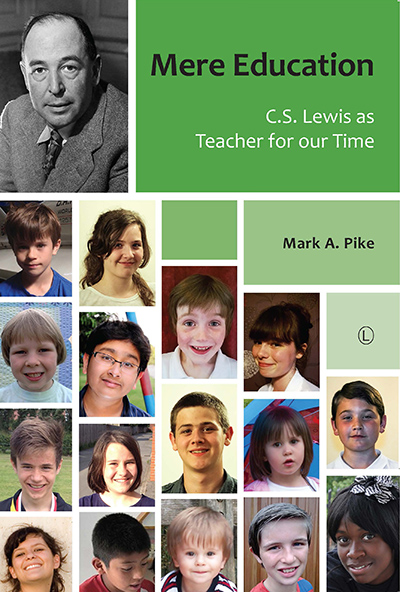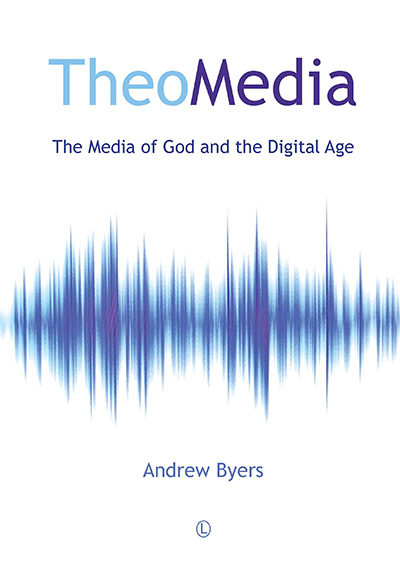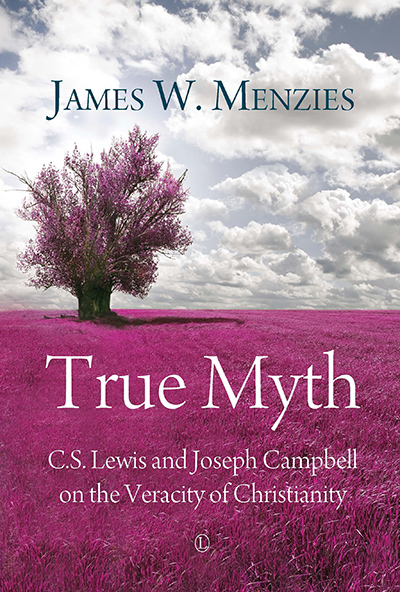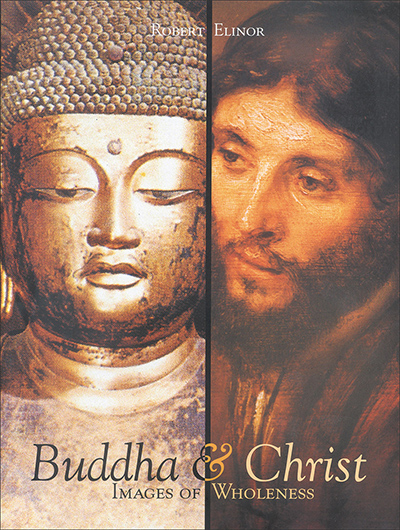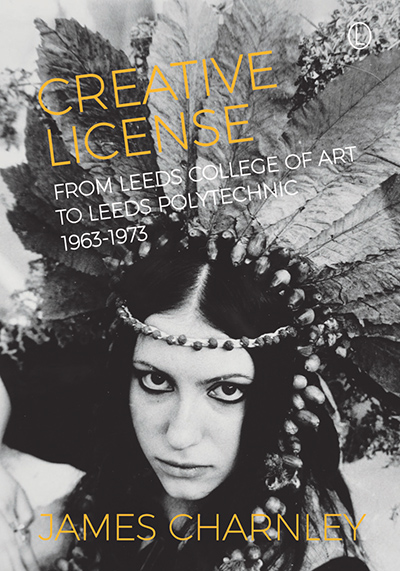Description
Drawing upon a wide range of C.S. Lewis’s fiction and non-fiction, both well known and relatively unknown, Mark A. Pike applies this remarkable author’s educational vision to current issues of critical importance for parents, students, teachers and school leaders. Mere Education clearly describes the boundaries Lewis perceived that will protect schooling from an incoming tide of ideological assumptions that threaten to erode and undermine excellence.
C.S. Lewis was an inspirational teacher and took a keen interest in secondary schooling. Yet the contribution of C.S. Lewis to the field of education goes far beyond this. During the Second World War, Lewis taught the people of a whole country through his radio broadcasts and criss-crossed Great Britain giving talks and answering questions on military bases about the purpose of life. He also showed how schooling could be undertaken in the light of that purpose.
As parents, teachers and school leaders we know we are responsible for helping our children and young people to acquire knowledge and skills, but also virtue and good character. C.S. Lewis believed educational excellence concerned the cultivation of both. Mere Education shows how excellence should be nurtured in school leadership, teaching and learning by evaluating a range of current policies and practices in schooling in the light of the thought of C.S. Lewis. The result is a much-needed and controversial appraisal of modern education.
About the Author
Mark A. Pike PhD is Reader in Educational Values and Pedagogy in the School of Education at the University of Leeds where he researches, teaches and writes widely on the values underpinning practice related to childhood, school leadership, teaching and learning, the curriculum and education policy. Dr Pike taught in high schools for over ten years where he was a curriculum manager before completing his PhD at Southampton University. He is married with three children and lives in Yorkshire, England.
Contents
Acknowledgements
Introduction: Mere Education
Part 1: The Hinge of the Wardrobe Door: Core Values, Character and Christianity
1. Character Education: Learning for Life
2. Christian Education: Liberating Faith, Hope and Love
3. Spiritual Education: Why you Need a Map when you Walk on the Beach
Part 2: The Furniture of the House: Educating Children
4. Liberal Education: Living Well in a Liberal Society
5. Sex Education: Self-Control and Sales Resistance
6. Biblical Education: The Basis of Liberty
Part 3: Professor Lewis: Cultural Interpreter for Educators
7. Cultural Education: Understanding the Foundations
8. Citizenship Education: Moulding Minds
9. Democratic Education: How to Avoid ‘dumbing down’
Part 4: The Professor’s House: Leading on School Ethos and Excellence in Teaching
10. Teacher Education: How to be an Excellent Teacher
11. Leadership Education: How to be an Excellent Leader
12. Future Education: A Prophecy
Notes
Bibliography
Index
Endorsements and Reviews
Mere Education is a well-argued and highly readable book that recognizes the centrality of character in schooling. It will command attention on both sides of the Atlantic and like all of Pike’s work, will be of interest to educators from a wide range of backgrounds. It off ers a refreshing vision of education, a bracing statement of faith, a much-needed challenge to the political correctness of our age, and a compelling testimony to the timelessness of the truths that Lewis set forth with such clarity and cogency.
Thomas Lickona, Professor of Education, State University of New York at Cortland
C.S. Lewis, celebrated Christian apologist and children’s author, is here claimed as Christian educator. For some this positioning of Lewis will be truly prophetic.
Revd Canon Professor Leslie J Francis, Professor of Religions and Education, University of Warwick
Mark A. Pike’s Mere Education reveals how Lewis defended the important moral, political and intellectual virtues we share as human beings, but also wisely identified the distinct contributions Christianity can and must make to a philosophy of education that completes a robust vision of human flourishing. In light of current educational trends, Lewis proves an invaluable critic, guide, and prophet.
Perry L. Glanzer, Professor of Educational Foundations, Baylor University
This remarkable book not only provides the first systematic study of C.S. Lewis’s thinking about education, derived from his extensive output of novels, letters and other prose writings, but does so in a way that highlights its relevance to contemporary schooling.
J. Mark Halstead, Emeritus Professor of Education, University of Huddersfield
Inspirational, inclusive, challenging, and potentially transformative, this book offers a healthy discussion towards holistic liberal education.
Monika B. Hilder, Associate Professor of English, Trinity Western University
Dr. Pike very ably captures many of Lewis’ perspectives across a wide range of education topics. Mark’s elaborations on Lewis’ perspectives in his chapter on Christian education (my own specialty) are actually a mere subset of Christian education topics that are enriched throughout this book. It is quite fitting that Lewis is interpreted by a fellow Englishman of comparable linguistic talent.
William F. Cox Jr, Professor and Founder, Christian Education Programs, School of Education, Regent University
This clear, well-written and concise book casts much light on the practice of education in general and on the nature of Christian education in particular. … In offering a blend of Christian wisdom and conservative sentiments, the author faithfully reflects his subject who conveyed a counter-cultural perspective that remains stimulating and that deserves to be reflected on seriously. This book could profitably be put in the hands of prospective teachers, but would also be interesting for more experienced teachers and anyone with a concern for the health of our educational institutions and our culture. A strong feature of the book is the way that Pike relates the insights of his subject to developments in society today. This study is effectively informed and enriched by Pike’s own scholarship in language, literature, reading, learning, citizenship and moral education and it is illuminated by homely examples drawn from his experience as a parent as well as an educational researcher.
John Sullivan, Liverpool Hope University, in Theological Book Review , Vol 25, No 2
This book makes an original and substantial contribution to the already large volume of research on Lewis’s life and work.
John Scott, in Anvil, Vol 30, Issue 1
… Mark Pike has given us a clear and well-written account of central themes that he finds in Lewis’s philosophy of education. … The book provides abundant evidence… of very thorough research not only in Lewis’s own writings but also in those of a number of contemporary writers. … This book makes an original and substantial contribution to the already large volume of research on Lewis’s life and work. With its focus on Lewis as a teacher, it was surely a book waiting to be written and one wonders why nobody had taken on the task before now. Happily for fans of Lewis and enthusiasts for Christian perspectives on education, Mark Pike has done so.
John Shortt, in EurECA newsletter, April 2014
The author has produced a superb work, synthesizing the thought on education and schooling sprinkled through many of Lewis’s books-fiction and nonfiction, apologetic, and purely academic … Christian educators will grow in their understanding of teaching and their development as teachers from reading Pike’s book. The book will also be very useful in every Christian institution of higher education as a valuable tool for promoting reflection and action in education from a Christian stance.
Pablo Bonilla Santana, in Journal of Education and Christian Belief, Vol 18, Issue 1
… recommended for those who attempt to teach character education for young people by using literature and theology.
Junsoo Park, in The Expository Times, Vol 129, No 3

